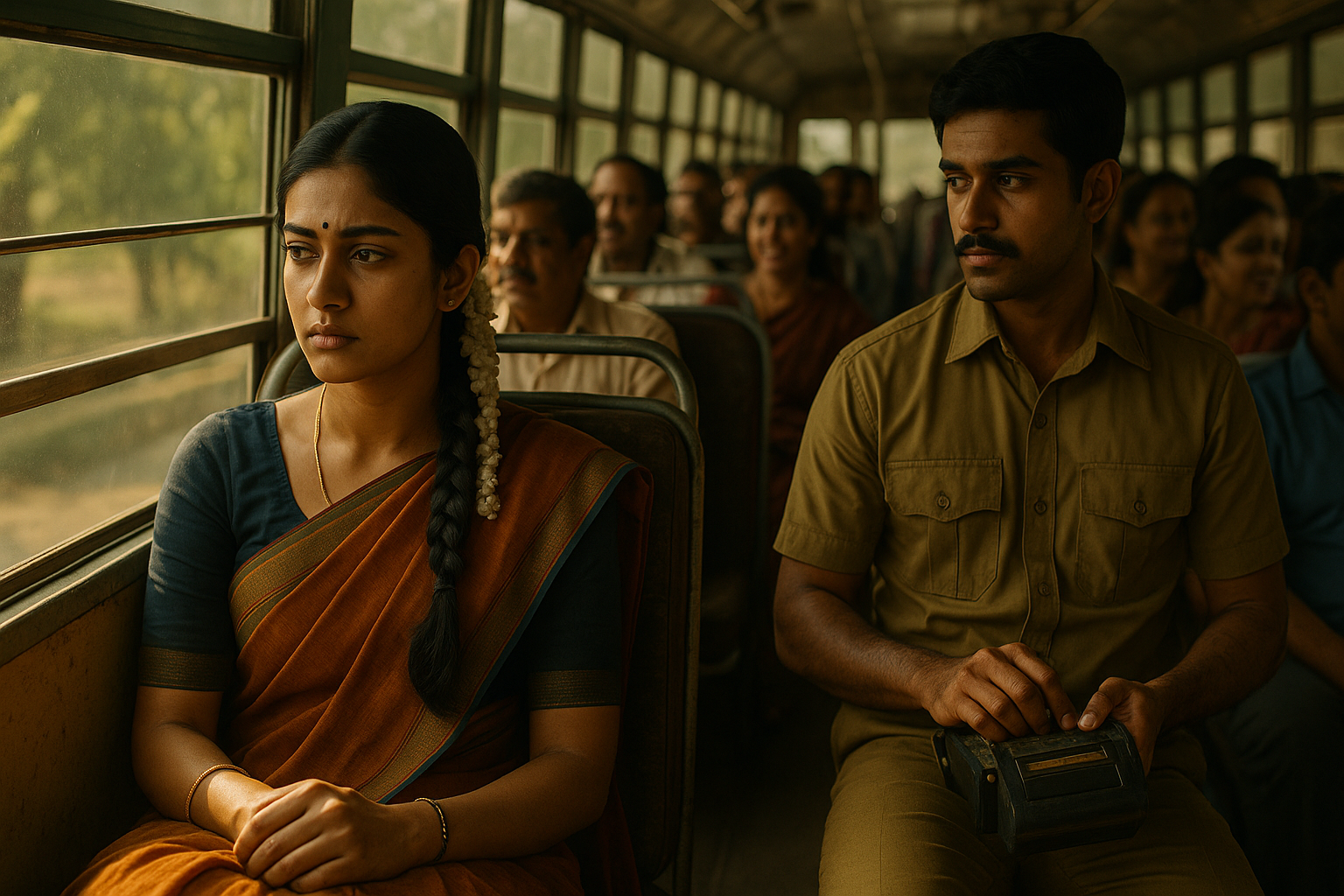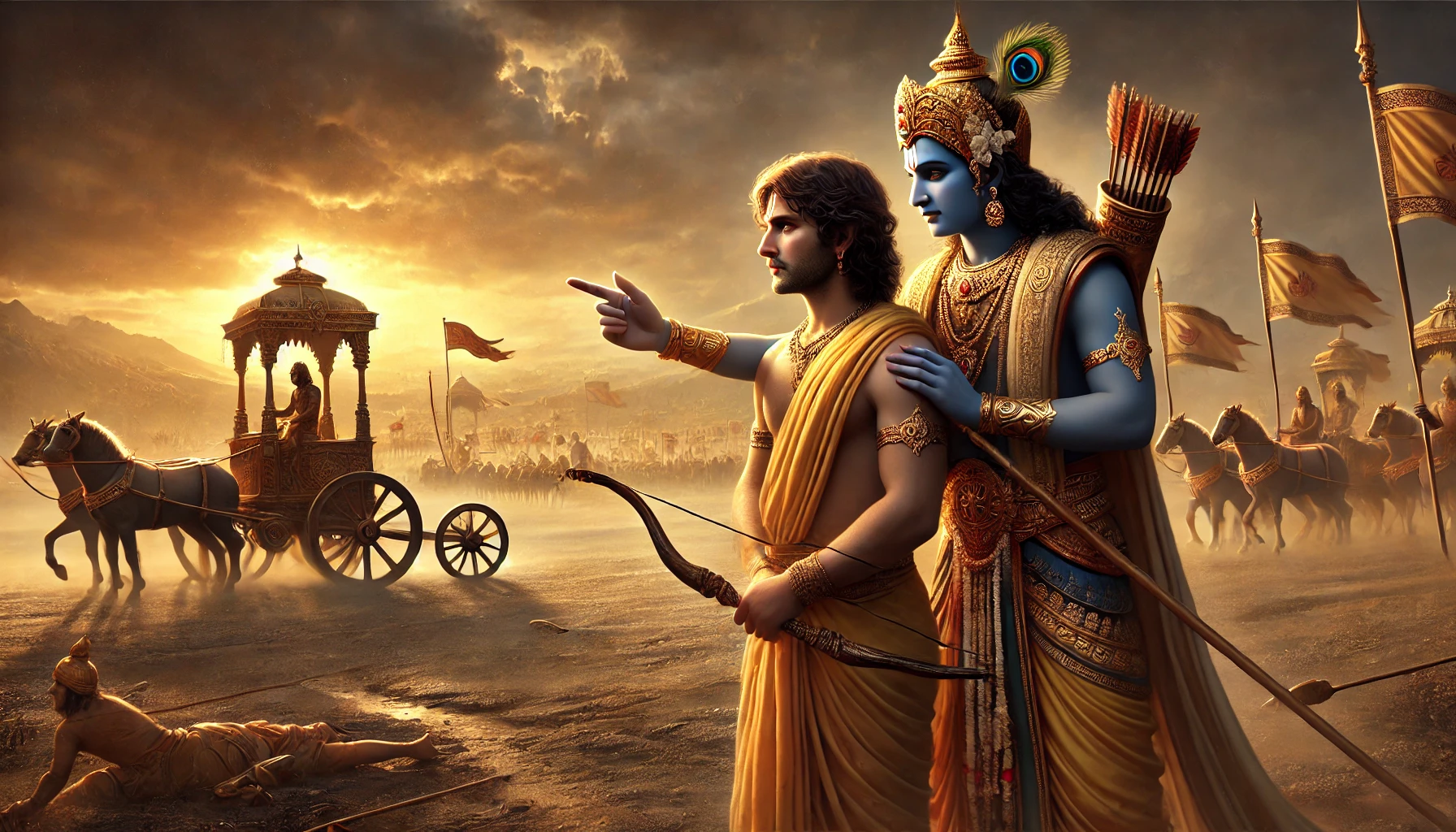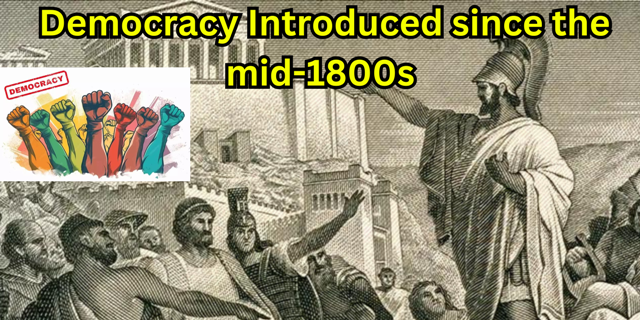
Democracy is a powerful concept, evoking different images and associations worldwide. For many, Europe comes to mind first, a continent that has embraced democracy since the mid-1800s. However, Europe’s democratic journey has not been without its challenges. The rise of Hitler and the devastation of World War II almost wiped out democracy in Europe. The continent then endured the Cold War, a tense standoff that finally eased with the fall of the Berlin Wall, marking a triumphant return to democratic governance.
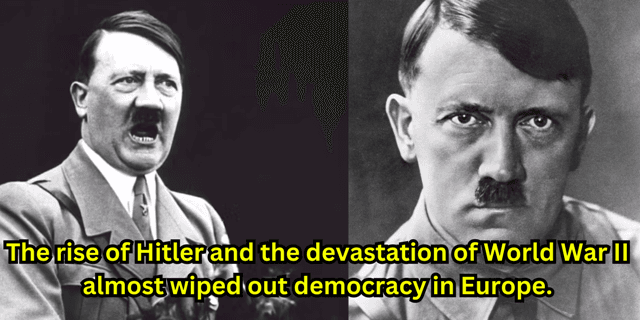
Understanding this history is crucial. Democracy has been a deliberate choice since the 1800s, triumphing over wars and authoritarian regimes. Key democratic principles like free and fair elections, free speech, and individual rights, such as fair trials, have fostered social justice, economic development, and societal tranquility.
Yet, democracy is not universal. Take China, for example. Since 1949, when Mao Zedong established a communist regime, China has followed a different path. Since the 1990s, China has risen as a global powerhouse, now ranking as the world’s largest economy by purchasing power parity, with the USA and India following.
The impact of democracy on a country’s development also intertwines with histories of colonization, particularly in Africa and Asia. This blog focuses on India, a nation with a tumultuous journey to democracy and self-rule. India’s fight for freedom began in 1857 with the “Freedom fighters of India” and culminated in independence from British rule in 1947. This struggle was marked by immense sacrifices, with figures like Mahatma Gandhi, the father of India, leading movements such as “Quit India.” Jawaharlal Nehru, India’s first Prime Minister, also played a crucial role in this historic journey.
Despite achieving independence and establishing its government in 1950, India faced numerous challenges. The partition of India led to wars, assassinations, and people trapped in a divided Punjab. The fight for linguistic rights in South India and the conflict between Tamil Nadu and Sri Lanka, which resulted in the assassination of Prime Minister Rajiv Gandhi, highlight the ongoing struggles. The Gandhi family’s legacy, beginning with Jawaharlal Nehru and continuing with Rahul Gandhi, remains pivotal in India’s political landscape.
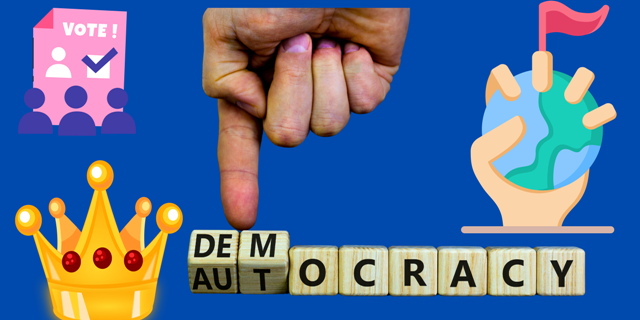
As of 2024, Narendra Modi is India’s Prime Minister, having won his third term. However, his influence appears to be waning, reflecting a nation divided on his policies like “one language, one nation, one history.” This division necessitates collaboration with other political parties to govern effectively.
During Modi’s tenure, India’s democratic status has shifted towards electoral autocracy, raising questions about the future of democracy in India. What does this mean for India’s ongoing fight for freedom? How will this affect the global stage as India continues to grow economically and politically? These are the questions we will explore in the next part of this blog.
Lighting My Love Light

“Are you not getting down?” Sheila turned and looked at him. As a reply, she nodded her head which implied ‘No’. Lighting My Love Light … Read more
Flying My Love Kite

“I don’t want to get ……” Sharon hesitated for a while to type that word but typed it. Flying My Love Kite “What????” Charles on … Read more
Trusting the Divine Clock

Lessons from the Bhagavad Gita for Success Introduction: The Clock of Life Imagine a clock ticking steadily in the quiet of a small village in … Read more
